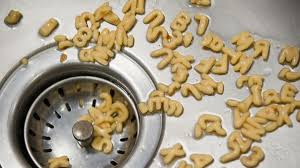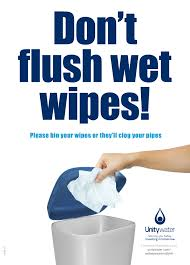
5 things you shouldn’t put down a drain
Is a plunger always within reach in your kitchen? Do you find yourself waiting for hours for your bath to drain? Clogged drains are not just a nuisance. They can also cost time and money.
However, being mindful of what you dispose of down your sink or plughole is crucial in minimising the issue. Here are the top five items you should avoid putting down your drain to prevent clogs and plumbing issues.
Grease
It’s easy to do – you absent-mindedly pour a pan of cooking fat down the drain before washing your saucepans. Unfortunately, grease is the number one culprit for clogging drains – remember the fatbergs that turn up in our sewers?
Fat solidifies as it cools, causing clogs and blockages. To prevent plumbing problems, let grease cool and dispose of it in the rubbish. Also, fit a grease trap to catch any drips.
Wet Wipes
CCTV drain surveys Slough and across the country have revealed that an amazing 93% of the material blocking the UK’s sewers consists of baby wipes! Fortunately, we can tackle this problem by not flushing wipes (even those marked ‘flushable’) down the toilet. Instead, use an environmentally friendly alternative or dispose of them in the bin.

Coffee Grounds
Alongside fat, oil, and grease, coffee grounds are another major culprit in clogging kitchen sinks. They may look innocent, but they can cause a build-up in your drains that ends up with you having to call a specialist like Drainpower to unblock them. There is a sustainable solution – add coffee grounds to your compost instead or use them to fertilise your plants.
Pasta and Rice
Expandable foods like rice and pasta can clog your drains by swelling as they absorb water. The semolina flour in pasta can also cling to your pipes, attracting waste. Fit a sink strainer that catches waste before it gets into your drains.

Toxic Chemicals
Never dispose of harmful chemicals in paint, solvents or cleaning products down your sink. Unfortunately, wastewater plants can’t treat harmful chemicals which pollute our environment and cause untold damage.



Average Rating